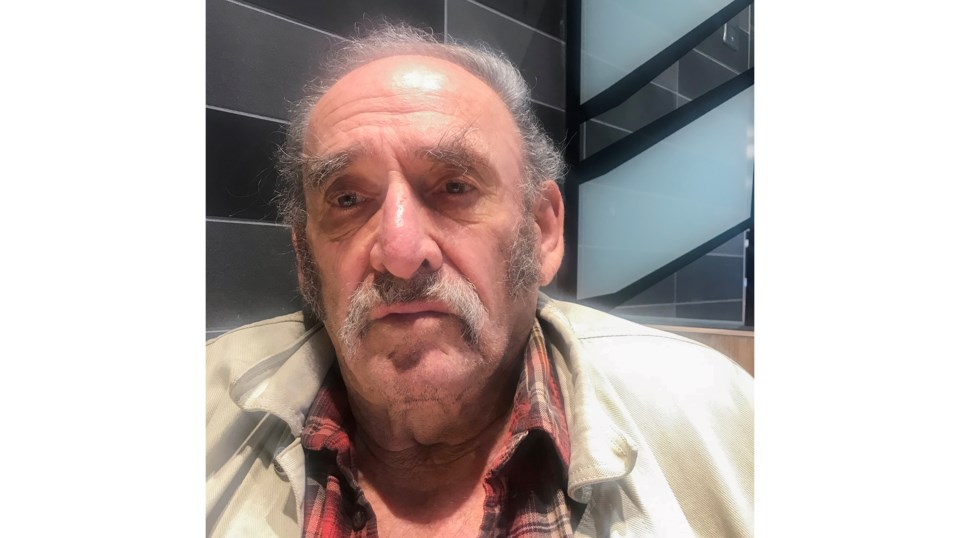When John Cameron was diagnosed with AIDS, he’d basically been handed a death sentence.
But now, Cameron — who has been an AIDS activist for four decades — is not just alive, he’s “grateful” for having acquired the disease.
“It’s made life much more interesting.”
He was the first person in Richmond to come out publicly as gay and having AIDS — in the newspaper and in front of city council. In 1994, he founded the first AIDS support group in the city.
Cameron, who became HIV positive around 1980, said he was “lucky” to be diagnosed with full-blown AIDS in 1994, around the time when effective treatment was being put into place.
“It was terrible when we got diagnosed, because there wasn’t any proper treatment. It was a death sentence,” he said.
“In 1994, the drugs came out — triple therapy — and then in 1995 it was all going into practice and the death rate collapsed. But prior to that, all the people that died for the first 15 years — my god, it was horrible. And the suicides were terrible, because there was no hope…and then the stigma, and you couldn’t work anymore.”
On World AIDS Day (Dec. 1), Cameron considers how things have changed over the past four decades — but stresses there’s still work to be done in the battle against HIV/AIDS, which has been “kind of put aside” in addition to being impacted by the COVID-19 pandemic.
Cameron explained treatment is now so effective that “it’s just like having diabetes.”
“You just take your meds, go to work, lead normal lives.”
He said the most important advancement over the past 41 years is “u=u,” which stands for “undetectable = untransmittable.”
That means, he explained, people who take medication daily, as prescribed, have no risk of transmitting HIV to others.
“Initially, the two things we wanted to accomplish was stop people from getting AIDS — that’s largely been accomplished — and stop people from dying — and we’ve done that. And so, in the broader sense, we’ve done what we set out to do, for the most part,” Cameron said. “But they need to finish the job.”
That includes tackling the stigma — something which prevents people from coming out if they have HIV/AIDS.
“That’s one of the problems — the stigma. It’s horrible, with AIDS. I got people that won’t even come near me. People who won’t touch your hands. They won’t eat the food you have, all this kind of stuff. That’s the stigma.”
He said that, to his knowledge, only four people — including himself — have ever come out publicly in Richmond.
“That tells you that there’s stigma.”
Cameron pointed out that, despite the importance of u=u, “hardly anybody” knows about it. It’s a message, he said, that should be on the “front page of every newspaper in Canada.”
As of the end of 2020, an estimated 37.7 million people are living with HIV — the precursor to AIDS — around the world, according to the World Health Organization.
Globally, HIV/AIDS has claimed 36.3 million lives to date.
In Canada, there were an estimated 62,050 people living with HIV in 2018 — the latest data available from the federal government.
Of that number, an estimated 87 per cent were diagnosed, and 85 per cent of those diagnosed were on antiretroviral treatment (ART). Furthermore, 94 per cent of those on treatment, had achieved viral suppression.
However, an estimated 13 per cent weren’t aware of their infection.
Getting those people tested and on treatment — thereby preventing HIV from spreading — is another unresolved issue in the fight against HIV/AIDS, said Cameron.
“We need to get the job finished — get everybody on treatment,” he said. “Get rid of the stigma.”



